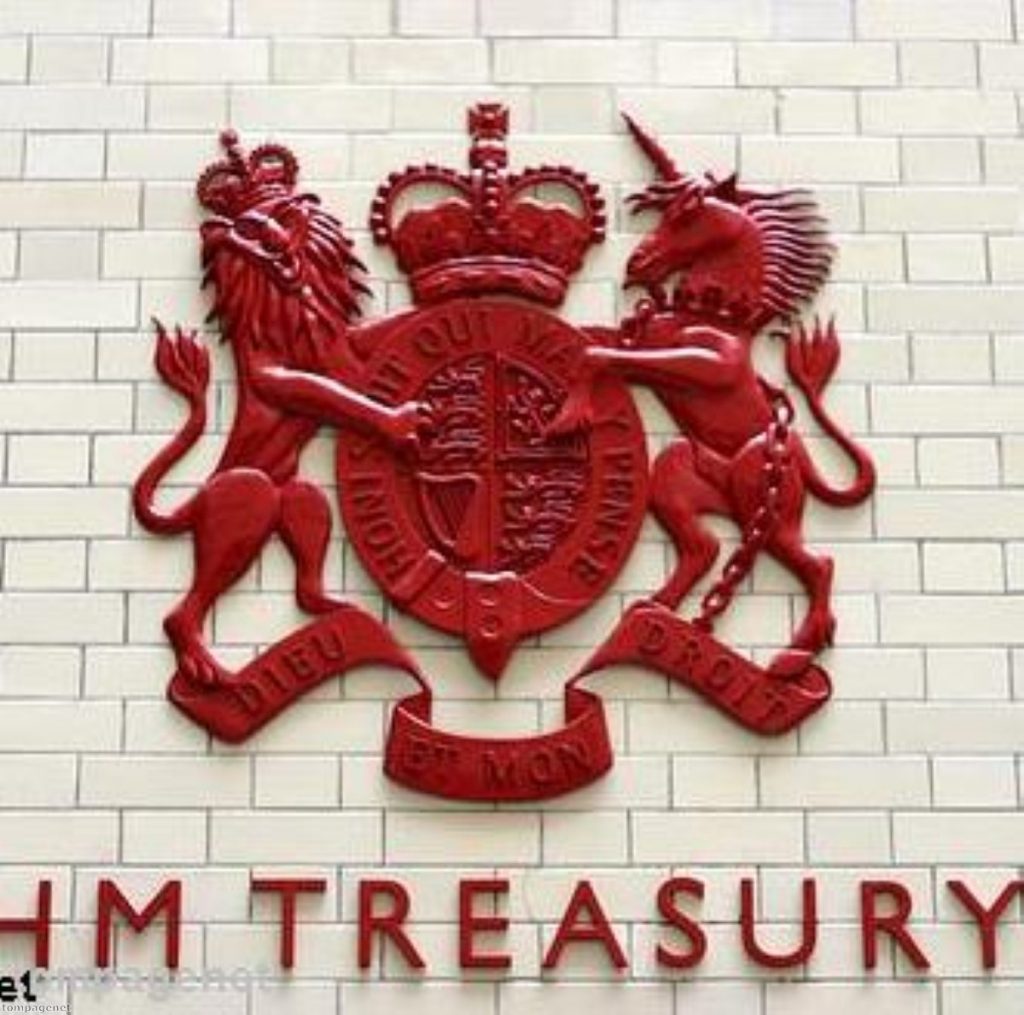Bankers: We’re sorry
By politics.co.uk staff
Four of the men at the centre of the British banking crisis have “unreservedly” apologised while appearing before MPs.
But the bankers – who recieved considerable media training before appearing before the Treasury committee – were subject to sustained criticism.
One MP asked: “Are you expressing sympathy because your PR advisers have told you to do so?”


The men – all at the centre of the British banking crisis – are attending the committee today as their role in the near-collapse of the sector is examined.
They include three former bosses at two banks bailed out by the taxpayer – Royal Bank of Scotland (RBS) and Halifax Bank of Scotland (HBOS).
Former RBS chief executive Sir Fred Goodwin and his HBOS ex-counterpart Andy Hornby are facing questions, as are former HBOS chairman Lord Stevenson and Sir Tim McKillop, who stepped down from his chairmanship of RBS last week.
In opening statements. Lord Stevenson said: “There has been a lot of talk about the S word.
“We are profoundly and unreservedly sorry at the turn of events. Our shareholders and all of us have lost a great deal of money. We are very sorry.”
Mr Hornby said: “We are very sorry about what has happened.
However, he later added: “I do not feel personally culpable.”
Sir Tom added: “I made full apology in November and I am very happy to repeat that.
“I am sorry for impact on shareholders, staff and anxiety on communities.”
The banks’ exposure to toxic debts at the time of a global slowdown saw the government having to bail them out, with the taxpayer owning a 70 per cent in RBS and 43 per cent in the Lloyds Banking Group, which swallowed HBOS during the credit crisis.
The part-nationalised banks are already facing intense scrutiny after it emerged many would continue to pay bonuses to staff, claiming they were contractually obligated.
Gordon Brown has demanded no one be rewarded for failure, but attempts by the Conservatives to mimic a bonus-ceiling imposed in the US by Barack Obama have been rejected by the government.
Mr Hornby said he had received no cash bonus and only bought shares in HBOS with “every single penny” of his bonus.
“At HBOS, all executive directors were encouraged to take all cash bonus in shares.
“I have lost more money in shares than I have been paid,” the former HBOS chief executive said.
Sir Fred at RBS said: “I have lost a lot of money. somewhere in the region of £5 billion.”
He hit out at suggestions his pension – believed to be around £8 million – should be linked to the performance of the company.
However, when questioned why the RBS share price had dropped 90 per cent, and billions of write-offs and government aid were called for, Sir Fred said bonuses should still be paid for some areas that have performed well.
“If bonuses are not paid, people move.
“Many of businesses that are doing extremely well. The rates and currencies business probably had a record year and they are expecting reward.”
As well as a hostile committee of MPs, the bankers will also be faced with union protests outside Portcullis house.
Workers from insurance and banking firms will be at Portcullis House brandishing placards reading: “Remember us? You’ve put our jobs at risk!”
“These senior bankers have brought the UK’s financial services industry to its knees without any acknowledgement of the misery that they have caused the hard-working staff in the sector,” said Derek Simpson, joint general secretary of Unite.
“Unite members across the country will no-longer stand by as the staggering greed and excesses of those at the top of this industry compromises the position of dedicated finance workers, who deserve fair pay.
“The Treasury select committee must ask tough questions of these ‘masters of disaster’ who have yet to be held to account on their role in the current financial crisis.
“There is public anger that these executives are continuing to receive what President Obama called ‘shameful’ bonuses. Yet workers face uncertainty that their jobs are at risk.”
Committee chairman John McFall told Talksport afterwards: “It seemed to be a fulsome apology at the beginning of the meeting, but I think it turned in to half apologies because they blamed the wholesale funding markets for the problem and nobody could see it.
“That’s total nonsense and I think their subsequent answers showed that culpability lay with their organisations.”
Following today’s appearances before the Treasury committee, bosses from Barclays, Lloyds TSB, Abbey and HSBC will also face questions tomorrow.

